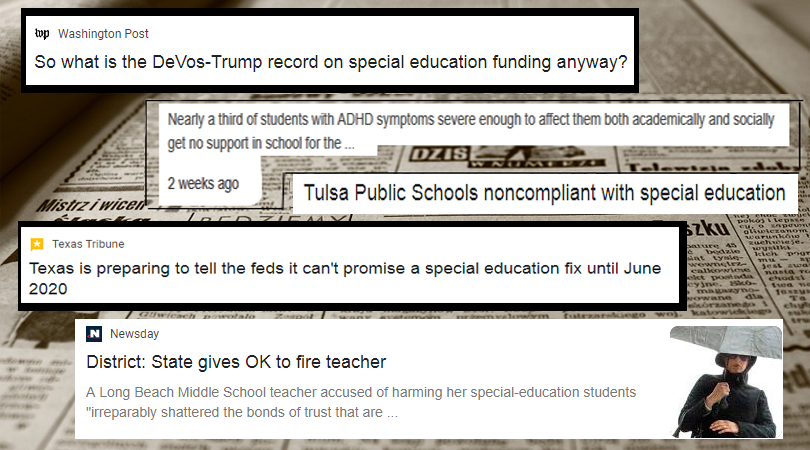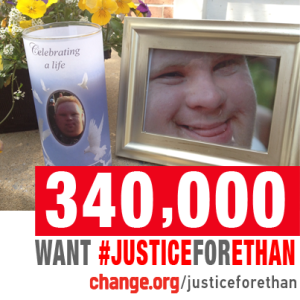
A great deal of advocacy work has centered on K-12 education. Today advocates are looking at new ways to define education for adults with intellectual disabilities.
The 1975 Education for All Handicapped Children Act and 1990 Individuals with Disabilities Education Act (IDEA) made it possible for students with disabilities to attend public schools.
As recent headlines show, the battle wages on.

Here on “The Road” we’re concerned about issues faced by adults with Down syndrome. We strongly believe in lifelong learning.
There is a growing movement to include students with intellectual disability in higher education.
Think College is a national organization dedicated to developing, expanding, and improving inclusive higher education options for people with intellectual disability.
We’re even developing a curriculum of online courses for those who want to meet new people and share their interests.
 Because of our friend Ethan, more people with Down syndrome will learn to teach police officers and first-responders about interacting with people who have disabilities.
Because of our friend Ethan, more people with Down syndrome will learn to teach police officers and first-responders about interacting with people who have disabilities.
“Maryland made a commitment in Saylor’s name to better prepare its first responders to interact with people with disabilities and to include these individuals as self-advocates in that training.” – Theresa Vargas, Washington Post
Education of all kinds is important and will continue to be one of the top goals of advocacy in the Ds community.

